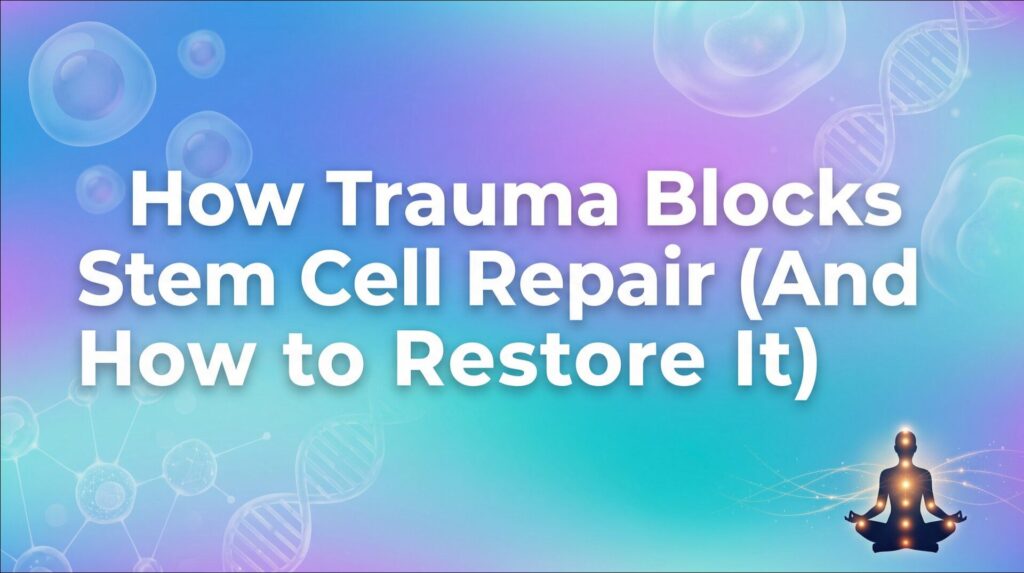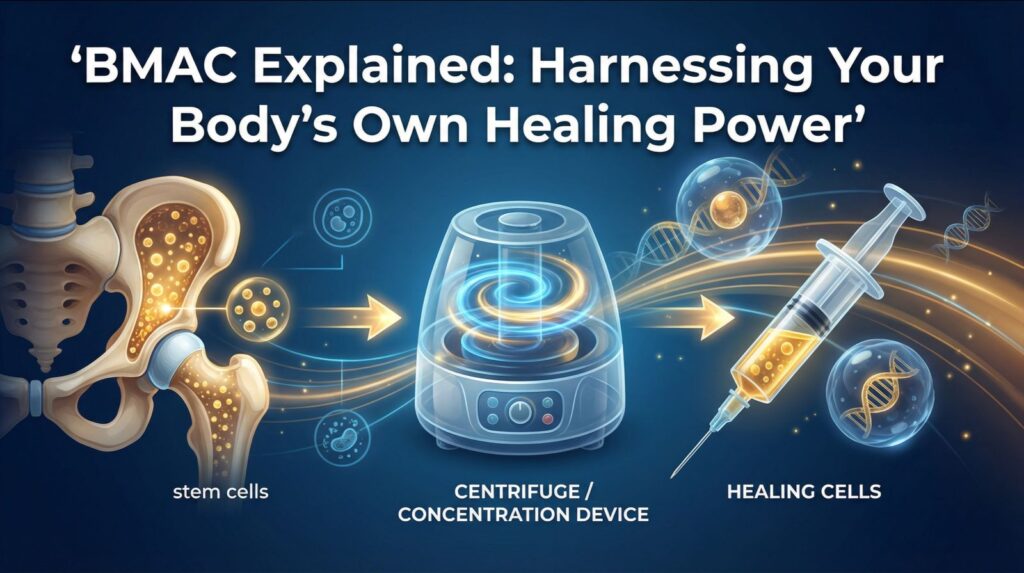“Is there hope for my nerve pain?”
“Traditional treatment isn’t helping. Are there other options?”
“Can stem cell therapy relieve neuropathy symptoms?”
If you’re asking these questions, you’re not alone.
Many people living with neuropathy are exploring new paths to relief.
One of the most discussed alternatives today is stem cell therapy.
This article helps you understand the potential of this treatment option, using clear facts and plain language.
What Is Neuropathy?
Neuropathy refers to damage or dysfunction in the nerves. It often leads to pain, tingling, numbness, or weakness. This can happen in the hands, feet, arms, or legs.
Common Causes of Neuropathy:
- Diabetes (leading to diabetic neuropathy)
- Injury to spinal cord or peripheral nerve
- Infections
- Autoimmune diseases
- Chemotherapy
Symptoms of neuropathy include:
- Sharp or burning nerve pain
- Muscle weakness
- Balance issues
- Sensitivity to touch
There are different types of neuropathy, including sensory nerve, motor, and autonomic forms.
Traditional Treatment vs. Regenerative Options
Traditional treatment often includes:
- Pain medication
- Physical therapy
- Nerve blocks
These may help manage symptoms but often do not repair nerve damage.
This is where regenerative medicine enters the picture. It focuses on healing and repair, not just symptom relief.
What Is Stem Cell Therapy?
Stem cells are specialized cells with the ability to become other cell types, including nerve cells. Stem cell therapy uses these cells to help restore damaged tissue.
Types of Stem Cells Used:
| Type of Stem Cell | Source |
|---|---|
| Mesenchymal stem cells | Bone marrow or fat tissue |
| Adipose-derived stem cells | Fat tissue |
| Induced pluripotent stem cells | Reprogrammed adult cells |
| Human dental pulp stem cells | Dental pulp |
Mesenchymal stem cells are the most researched for treating neuropathy.
How Can Stem Cell Therapy Help Neuropathy?
Mechanisms of Action
- Promote nerve regeneration
- Support nerve growth and repair
- Reduce inflammation
- Limit cell death
- Improve nerve function
Studies have shown that stem cells have the ability to influence damaged nerves through cell signaling and direct nerve repair.
Evidence in Clinical Research
| Study Focus | Outcome |
| Marrow-derived mesenchymal stem cells | Improved pain and nerve regeneration |
| Stem cell therapy for neuropathic pain | Reduced chronic neuropathic pain levels |
| Bone marrow-derived mesenchymal stem cells | Enhanced nerve growth in lab models |
| Clinical trials (varied forms) | Ongoing, early results are promising |
Who Might Benefit?
Stem cell therapy may help those with:
- Peripheral neuropathies
- Diabetic peripheral neuropathy
- Spinal cord injury with nerve damage
- Sciatic nerve injury
- Chronic nerve injury
If you have neuropathy caused by diabetes, trauma, or autoimmune issues, stem cell therapy could be worth exploring.
Safety, Results, and Limitations
Pros:
- Targets healing, not just symptoms
- May reduce neuropathic pain
- Uses your body’s own stem cells
Cons:
- Still being studied
- Not FDA-approved for all neuropathy cases
- May require multiple sessions
The safety and efficacy of stem therapies depend on several factors, including the source of stem cells, the type of neuropathy, and the therapy approach.
Real Results: What the Science Says
Recent research has demonstrated:
- Stem cells have the potential to reduce chronic pain
- Peripheral nerve injury promotes a selective healing process with stem cell transplantation
- Stem cell treatment enhances pain relief and tissue healing
- The efficacy of stem cell therapy varies, but results are improving
Looking Ahead
Ongoing clinical trials are testing the effectiveness of stem cell approaches for treating neuropathic pain. The Center for Regenerative Medicine and similar programs are advancing the use of stem cells in the peripheral and central nervous system.
Summary Table: Key Takeaways
| Topic | Key Insight |
| Treatment for neuropathy | May include cell therapy for neuropathic pain |
| Stem cell therapy | Aims to support nerve growth and repair |
| Human mesenchymal stem cells | Often used in trials and clinics |
| Cell populations | Include bone marrow, adipose, and dental pulp cells |
| Stem cell population | Varies by source and method of application |
| Gene therapy | Sometimes combined to improve outcomes |
Final Thoughts
Stem cell therapy represents a growing option for treating neuropathy. If you’re living with chronic pain due to nerve damage, learning about stem cell therapy for neuropathy may open new possibilities. Talk to your doctor about the potential of stem cell therapy and whether a high-quality stem program may be right for you.
Learn how stem cell therapy might be used in your treatment for neuropathy journey. The field is advancing, and hope is growing.
Disclaimer: Always consult with a licensed medical provider before starting any new therapy or treatment.



